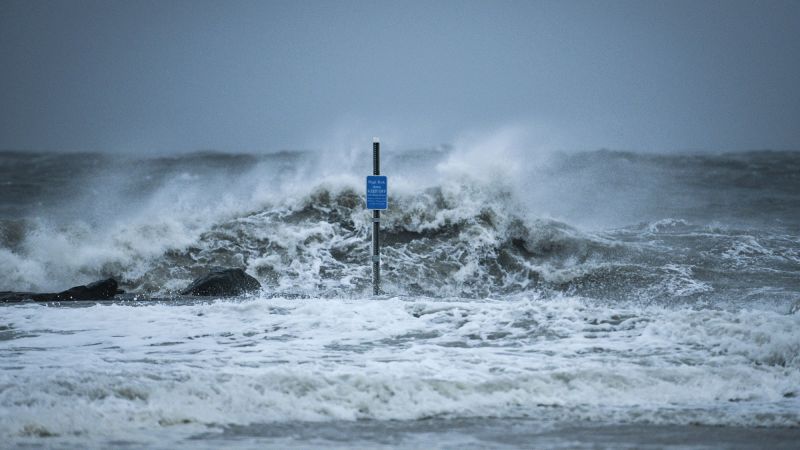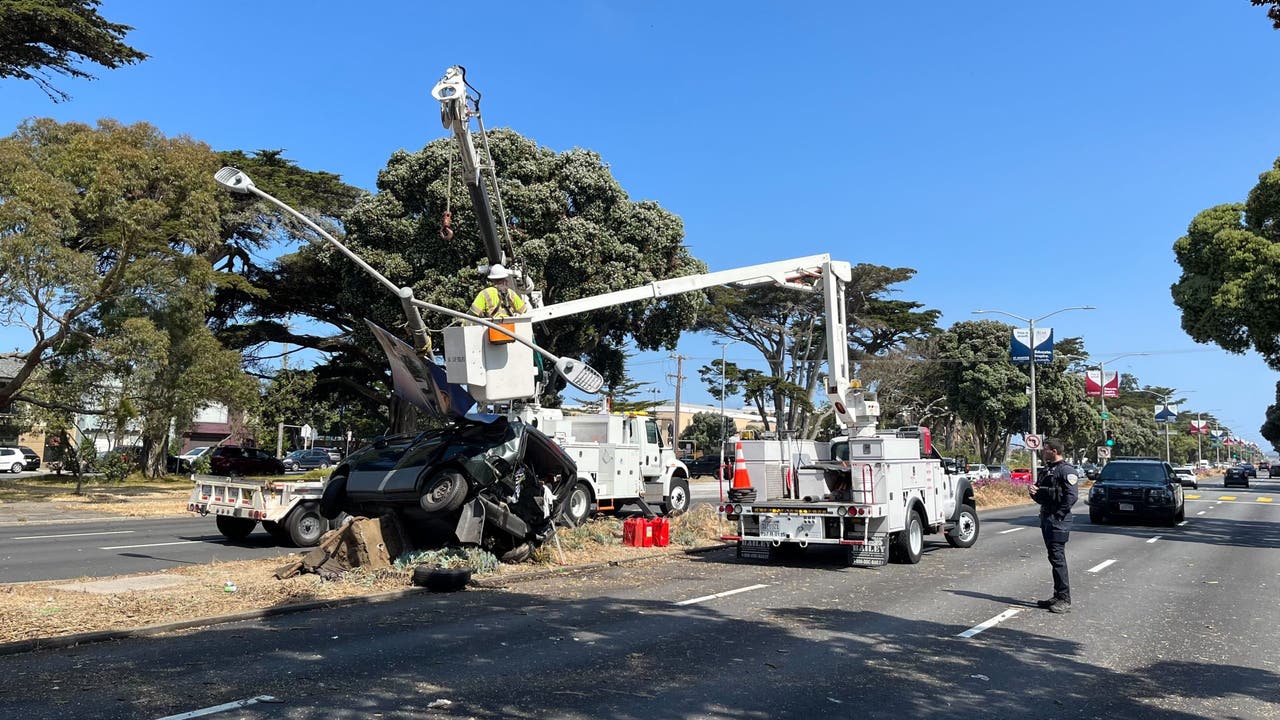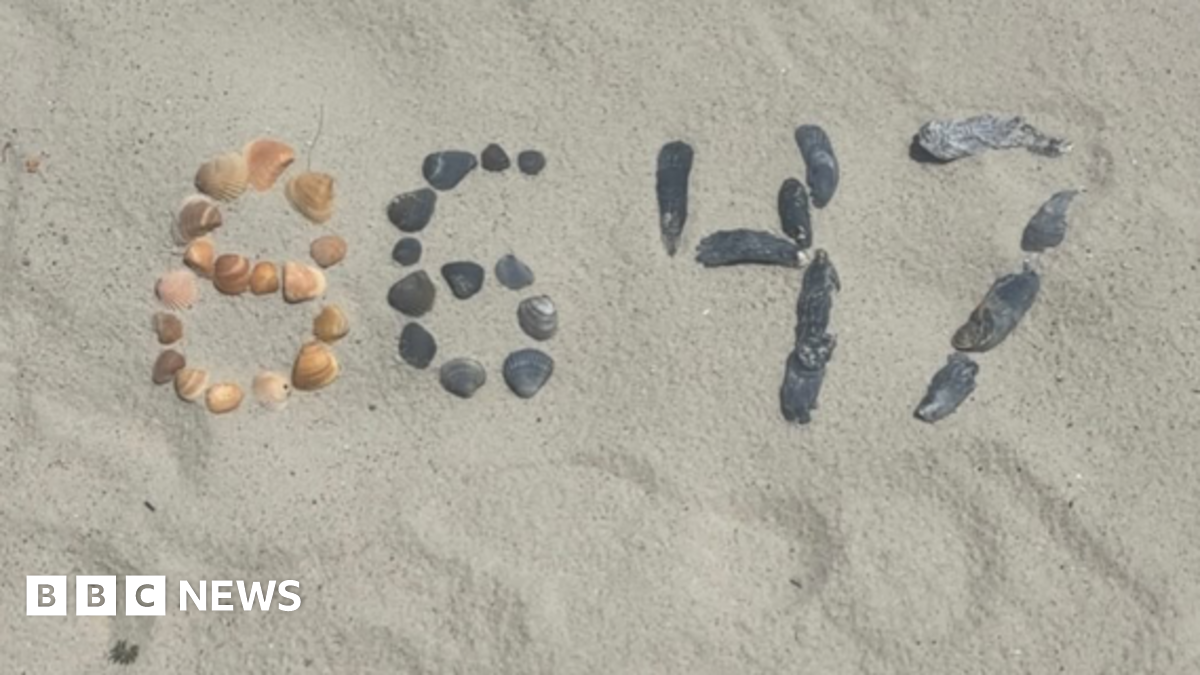Atlantic Meridional Overturning Circulation (AMOC) Weakening: Implications For US Sea Levels

Welcome to your ultimate source for breaking news, trending updates, and in-depth stories from around the world. Whether it's politics, technology, entertainment, sports, or lifestyle, we bring you real-time updates that keep you informed and ahead of the curve.
Our team works tirelessly to ensure you never miss a moment. From the latest developments in global events to the most talked-about topics on social media, our news platform is designed to deliver accurate and timely information, all in one place.
Stay in the know and join thousands of readers who trust us for reliable, up-to-date content. Explore our expertly curated articles and dive deeper into the stories that matter to you. Visit Best Website now and be part of the conversation. Don't miss out on the headlines that shape our world!
Table of Contents
Atlantic Meridional Overturning Circulation (AMOC) Weakening: Implications for US Sea Levels
A weakening Atlantic current could significantly impact US coastlines. Learn about the AMOC, its potential collapse, and what it means for rising sea levels.
The Atlantic Meridional Overturning Circulation (AMOC), a crucial ocean current system sometimes referred to as the "Gulf Stream system," is showing signs of weakening. This has significant implications for weather patterns globally, but particularly for sea levels along the US coastline. Understanding the AMOC and its potential future is critical for coastal communities preparing for the impacts of climate change.
What is the AMOC?
The AMOC is a complex system of ocean currents that transports warm water from the tropics northward towards the North Atlantic. This warm water releases heat into the atmosphere, moderating temperatures in Europe and North America. As the water cools, it becomes denser and sinks, creating a vast, deep-ocean circulation pattern. This system plays a vital role in regulating global climate and weather patterns.
Why is the AMOC Weakening?
Scientists attribute the observed weakening of the AMOC primarily to climate change. The melting of Greenland's ice sheet and increased freshwater runoff from melting glaciers and increased precipitation are disrupting the density-driven sinking of cold, salty water, a key component of the AMOC's circulation. Warmer ocean temperatures also contribute to this disruption. Studies published in leading scientific journals like Nature have provided compelling evidence for this link. [Link to relevant Nature article]
Implications for US Sea Levels: A Looming Threat
A weakening AMOC could have profound consequences for US sea levels. The slowdown of the northward flow of warm water means less heat is transferred to the atmosphere, potentially leading to:
- Increased sea level rise along the US East Coast: A weaker AMOC could cause a redistribution of ocean water, leading to a more pronounced rise in sea levels along the eastern seaboard. This is especially concerning for low-lying coastal areas and major cities.
- More frequent and intense coastal flooding: Combined with the general rise in global sea levels, a weaker AMOC could exacerbate the frequency and severity of coastal flooding events, impacting infrastructure and communities.
- Changes in weather patterns: The AMOC influences weather patterns across North America. A weakening current could lead to more extreme weather events, including hurricanes and storms, further impacting coastal regions.
What can we do?
The potential collapse of the AMOC is a serious concern. While the exact timeline remains uncertain, mitigating climate change is crucial to slowing the weakening process. This requires a global effort focused on:
- Reducing greenhouse gas emissions: This is paramount to slowing the rate of ice melt and ocean warming.
- Investing in climate resilience: Coastal communities need to invest in infrastructure improvements and adaptation strategies to cope with rising sea levels and more frequent extreme weather events.
- Supporting scientific research: Continued research on the AMOC is vital for understanding its dynamics and predicting future changes.
The weakening of the AMOC presents a significant challenge for the US and the world. Addressing climate change is not just an environmental issue; it's a matter of national security and economic stability, directly impacting the lives and livelihoods of millions of people living in coastal areas. Staying informed and advocating for climate action is crucial for securing a sustainable future. Learn more about climate change and its impacts at [Link to a reputable source like NOAA or NASA].

Thank you for visiting our website, your trusted source for the latest updates and in-depth coverage on Atlantic Meridional Overturning Circulation (AMOC) Weakening: Implications For US Sea Levels. We're committed to keeping you informed with timely and accurate information to meet your curiosity and needs.
If you have any questions, suggestions, or feedback, we'd love to hear from you. Your insights are valuable to us and help us improve to serve you better. Feel free to reach out through our contact page.
Don't forget to bookmark our website and check back regularly for the latest headlines and trending topics. See you next time, and thank you for being part of our growing community!
Featured Posts
-
 Mps Demand One Year Delay On New Farm Inheritance Tax Rules
May 18, 2025
Mps Demand One Year Delay On New Farm Inheritance Tax Rules
May 18, 2025 -
 Netflixs Bet A Disappointing Manga Adaptation
May 18, 2025
Netflixs Bet A Disappointing Manga Adaptation
May 18, 2025 -
 Ibb Uyardi Istanbul Un Stres Seviyesi Tehlikeli Boyutta Artti
May 18, 2025
Ibb Uyardi Istanbul Un Stres Seviyesi Tehlikeli Boyutta Artti
May 18, 2025 -
 Ukraine Conflict Trump Links Resolution To Putin Meeting
May 18, 2025
Ukraine Conflict Trump Links Resolution To Putin Meeting
May 18, 2025 -
 Is The Uk Rejoining The Eu Examining Recent Developments
May 18, 2025
Is The Uk Rejoining The Eu Examining Recent Developments
May 18, 2025
Latest Posts
-
 Minnesota Twins Winning Streak Hits 12 Thanks To Joe Ryan
May 18, 2025
Minnesota Twins Winning Streak Hits 12 Thanks To Joe Ryan
May 18, 2025 -
 Sfpd Announces Arrest Of Officer Involved In Multi Injury Dui Crash
May 18, 2025
Sfpd Announces Arrest Of Officer Involved In Multi Injury Dui Crash
May 18, 2025 -
 50 Cents Brutal Diss Track Targets Jay Z And Diddys Bond
May 18, 2025
50 Cents Brutal Diss Track Targets Jay Z And Diddys Bond
May 18, 2025 -
 Trump Seashell Post James Comeys Secret Service Interview And Its Implications
May 18, 2025
Trump Seashell Post James Comeys Secret Service Interview And Its Implications
May 18, 2025 -
 Cassies Testimony And Its Impact 50 Cent Calls For Diddy To Accept Plea Bargain
May 18, 2025
Cassies Testimony And Its Impact 50 Cent Calls For Diddy To Accept Plea Bargain
May 18, 2025
